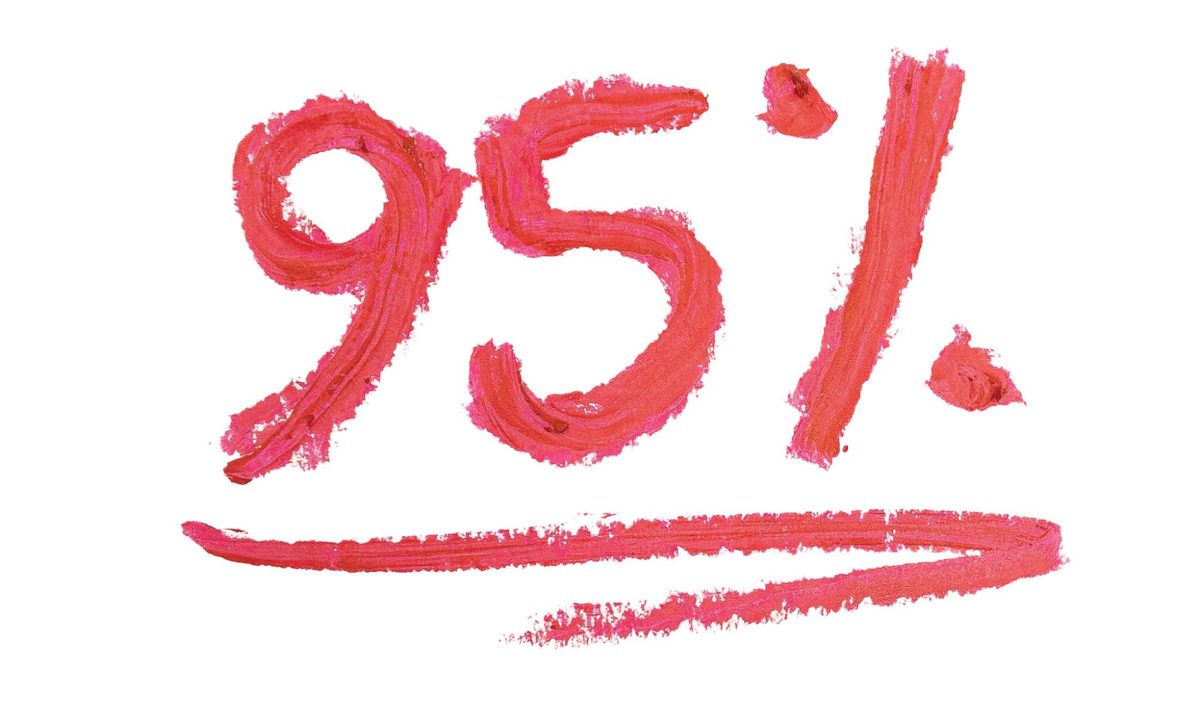Most college students are no strangers to stress from their college work, after-school activities, relationships, futures, and daily needs. If left unchecked, it can lead to mental health issues such as depression, anxiety and low self-esteem. Therapy can help students with these problems, yet not everyone tries. Thankfully in the age of the internet, online therapy is offered as an alternative to in-person therapy — but it may have its own problems and controversies.
Around 74% of 2,002 college students from 116 colleges and universities across the U.S. did not use counseling services in 2021 during the pandemic, and the numbers had barely increased after quarantine ended, as shown in the Student Voice Survey conducted by Inside Higher Ed and College Voice. Whether it is high costs, lack of time to meet the therapist, discomfort with meeting a stranger in person or long distances from their therapist’s office, these obstacles can leave students feeling there is no hope of improving their mental health.
Rather than have clients meet a licensed psychiatrist or therapist in person, sessions can be conducted through the internet, which can help those who live too far from their closest therapist, are too shy to visit or have physical disabilities. Online therapists having fewer overhead costs, such as renting office spaces and requiring insurance, can also help ease college students’ financial concerns. However, some have expressed concerns about privacy leaks due to the sessions being conducted online.
BetterHelp is a mental health platform that provides therapy and counseling services to clients through text and phone communication. The company states its mission is to make therapy more accessible for those with limited options, but the platform got caught in controversy over sharing their clients’ private information with social media companies like Facebook for targeted advertisements. That sensitive information can be used to advertise products and content to vulnerable people who are less likely to question whether they should pay attention to them.
This contrasted their claim to adhere to HIPAA, which requires medical professionals to not reveal patients’ information to anyone without the patients’ consent or knowledge. The Federal Trade Commission launched an investigation into the sharing of information and ordered BetterHelp to make their disclosures about information easily noticeable and understandable, according to the commission’s July 2023 Decision and Order. BetterHelp was also ordered to pay $7.8 million to the commission.
Luckily for California State University, Northridge students, their options are not limited to BetterHelp. University Counseling Services offer a variety of in-person and online assistance to students, such as initial evaluations, psychiatric services, wellness workshops, group treatment and crisis help.
They have affordable rates — often it is completely free — and the service providers are not motivated by profit. As many professors and staff members remind students when bringing the services up, the costs are covered through their tuition, and they may have fewer opportunities to seek therapy once they graduate.
Students should remember that they are never alone, and they are never the only one struggling. If they need help, CSUN is here for them.



